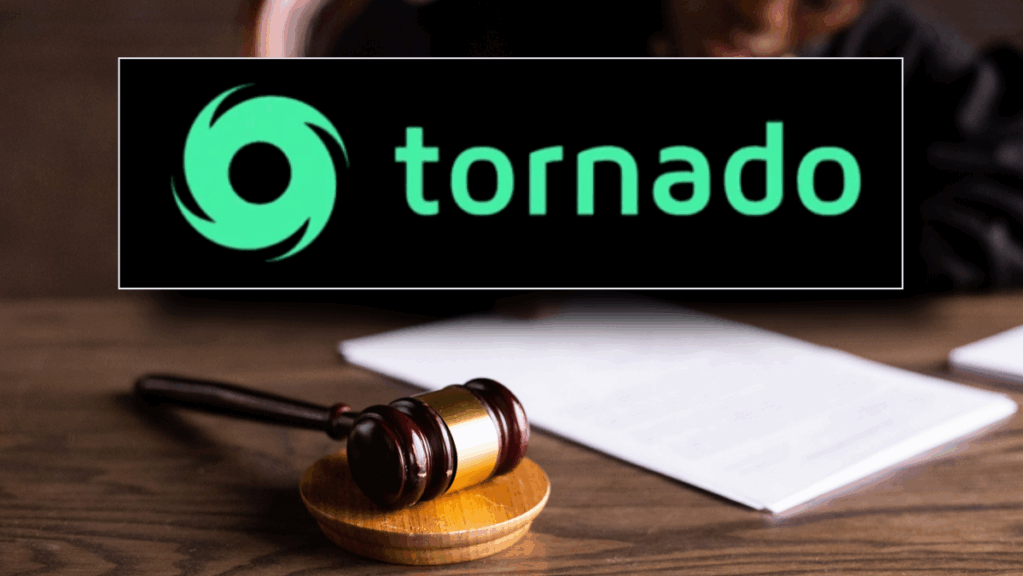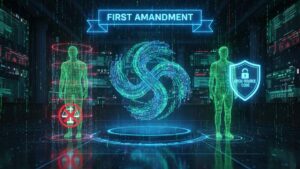TL;DR
- After four days of deliberation, jurors in Roman Storm’s trial report a deadlock, unable to agree on at least one of the three charges.
- Judge Katherine Polk Failla instructed them to keep deliberating. Storm faces serious accusations, including conspiracy to commit money laundering, potentially facing up to 45 years in prison if convicted.
- The outcome could significantly impact how developers of decentralized privacy tools are viewed under U.S. law and influence future legal actions against protocol creators across multiple jurisdictions worldwide.
The jury in the high-profile case of Roman Storm, one of the developers behind privacy protocol Tornado Cash, has reached a stalemate. On Wednesday, after four days of intense deliberations in a New York courtroom, jurors notified Judge Katherine Polk Failla that they were unable to come to a unanimous decision on at least one of the three federal charges Storm faces.
Storm, who co-founded Tornado Cash alongside Alexey Pertsev and Roman Semenov, has been accused of enabling the laundering of more than $1 billion via the decentralized platform. The prosecution links the case to the infamous Lazarus Group, a North Korean-backed hacking syndicate. If found guilty of all counts, Storm could be sentenced to up to 45 years in prison.
Prosecution Presses On As Defense Calls For Partial Verdict
Despite the impasse, prosecutors pushed for the jury to receive an “Allen charge”, a directive to continue deliberating. Judge Failla granted the request, telling jurors to pursue consensus but also affirming their right not to compromise genuine convictions. Storm’s legal team, meanwhile, advocated for a partial verdict, hoping to resolve charges where jurors had already agreed.
Jurors have shown a keen interest in procedural nuances, including legal jurisdiction. Questions directed to the judge included whether the presence of a New York-based investor in Tornado Cash’s parent company was enough to justify the trial’s location. They also requested testimony transcripts from an FBI agent who tracked that investor’s digital footprints via cell-site data.

Questions Over Venue And Legal Duties Add Complexity
Other queries suggest jurors are grappling with the broader legal implications. They asked whether Storm was obligated to respond to foreign law enforcement and whether intermediary wallets were covered by OFAC’s sanctions list. These inquiries reflect the complexity of applying decades-old legal frameworks to decentralized technologies and the difficulty jurors face in interpreting unfamiliar technical structures and blockchain mechanisms.
The case is seen by many as a bellwether for the legal treatment of open-source developers who build privacy tools, a point of concern for advocates of financial sovereignty and decentralized systems worldwide. Its outcome may shape future innovation, regulation, and user rights within the crypto ecosystem.










